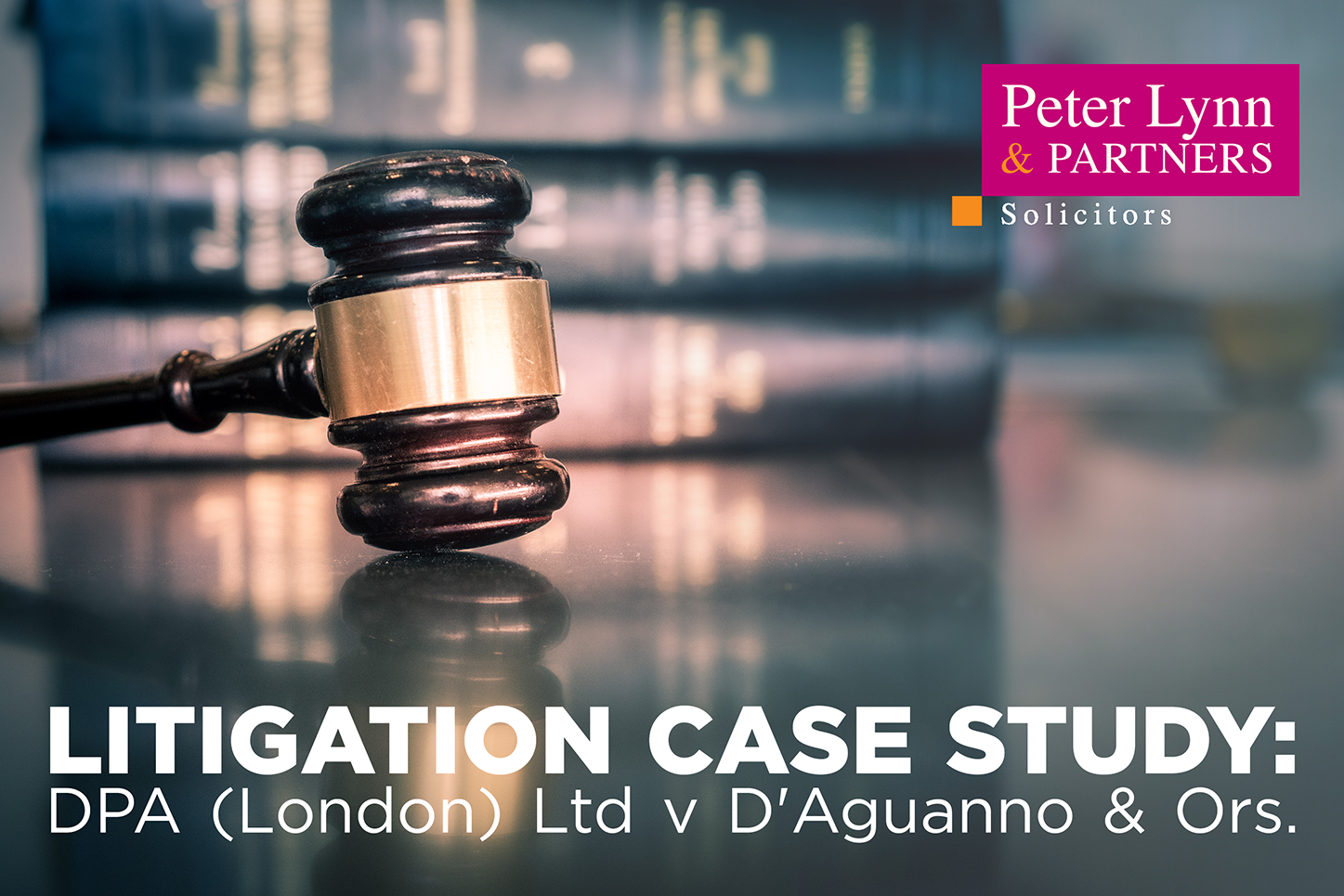Employer Loses Restrictive Covenant Dispute

Regional law firm, Peter Lynn & Partners, have acted for the Defendants in DPA (London) Ltd v D’Aguanno & Ors.
The Defendants were accused of breaching their restrictive covenants by their former employer, of failing to store copyright material on the company servers and of commercially benefitting from the material after they had left the company.
Initially, the Defendants attempted to resolve the matter through mediation and offered the Claimant (the employer) £4,000, which he rejected.
This led to a trial in July, and judgement in September at the Intellectual Property & Enterprise Court, which focussed, in part, on the employment contract that the Claimant had insisted was in place and legally binding.
“At the trial, it became apparent that one of the Defendants had not signed an employment contract,” said litigation solicitor Adrian Jeremiah, who represented the Defendants, “and that the employer had fabricated the other.”
HHJ Clarke, sitting as a Judge of the High Court found that the evidence of the director of the Claimant was more likely than not fabricated in order to seek to improve his position in the litigation.
“My client was on holiday with her family on the day she was alleged to have signed the employment contract,” said Adrian, “and this fact contributed to the judgment of HHJ Clarke in rejecting pretty much all of the Claimant’s case.”
Judge Clarke did find that one of the Defendants had copyright material in his possession, but for his portfolio, not for commercial purposes and for this the Claimant was awarded £1.
The Claimant asked for permission to appeal which was refused.
Given the Claimants failure in the case and their unreasonable approach to negotiation/mediation, the Claimant has to make a significant contribution towards the Defendant’s costs.
“This was certainly an interesting case”, said Adrian, “especially with a finding by a High Court Judge that the director’s evidence and the document purportedly signed by him, were fabricated in order to seek to improve the Claimant’s position in the litigation.”
More detail on the case can be found here:
https://www.bailii.org/ew/cases/EWHC/IPEC/2020/2374.html